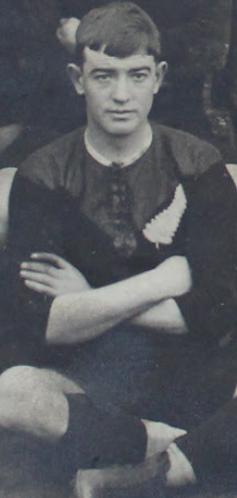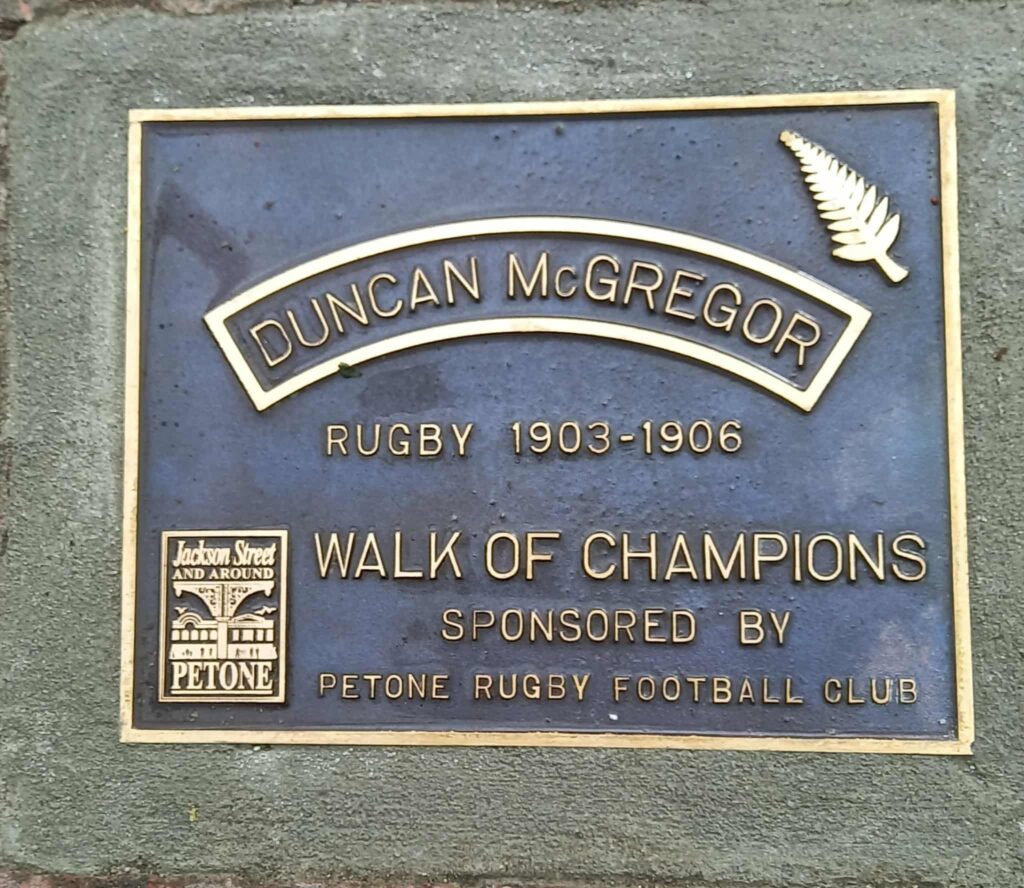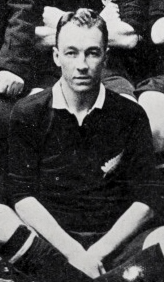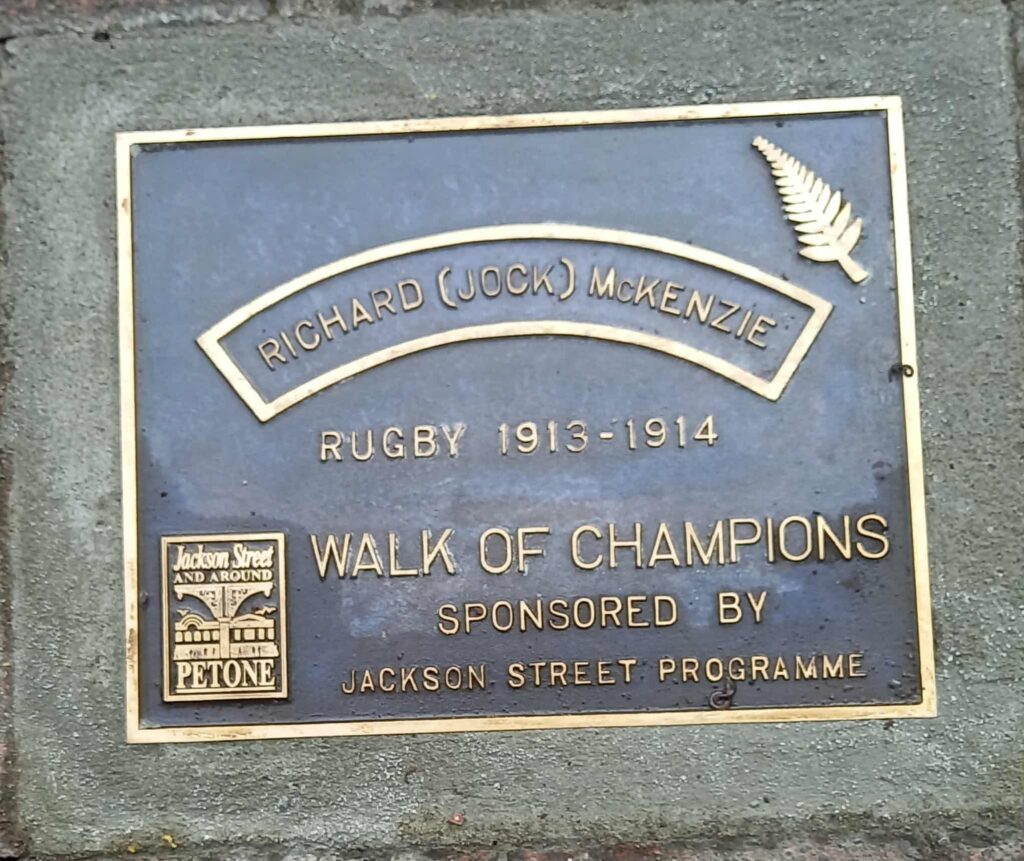Walk of Champions 2025
Walk of Champions 2025
Celebrating Our Sporting Heroes
Petone’s Walk of Champions, located along the historic Jackson Street, is a unique and growing tribute to the town’s proud sporting legacy. Featuring 150 bronze plaques embedded in the footpath, it honours more than 200 local athletes who have represented New Zealand or achieved national success across a wide range of sports.
From rugby and rowing to football and athletics, the Walk of Champions reflects the depth of talent that has emerged from our community. Not just a nod to the past, it is a living tribute that continues to evolve with new names added during milestone events like the 125th anniversary of the Petone Football Club in 2023, when eight footballing legends were formally commemorated.
As you stroll along Jackson Street, you’re literally walking beside New Zealand’s sporting elite a powerful reminder of Petone’s enduring contribution to the national sports scene.
At Jackson Street Programme (JSP), we are proud to serve as custodians of this project. We work closely with local clubs, families, and the wider community to research, install, and maintain these plaques ensuring our champions’ stories are recognised and remembered for generations to come.
In 2025, we were honoured to welcome two new inductees to the Walk of Champions. These exceptional athletes not only achieved excellence in their respective fields but also carried the spirit of Petone with them onto the national and international stage.
Duncan McGregor

Duncan was born on the 16 th July 1881 in Kaiapoi. A talented player, he made his provincial debut playing for Canterbury in 1900 when he was just 19. In 1902, he had a stellar season, scoring 17 tries for Canterbury and 2 for the South Island in just 10 first class matches. Duncan was subsequently selected for the 1903 New Zealand rugby union tour of Australia and won his first test cap for New Zealand in August 1903 against Australia.
In 1904 he transferred to Wellington due to his employment taking him to Petone, and from there he joined the Petone Rugby Club. Duncan represented Wellington and the North Island and retained his place in the All Blacks in 1904. He then was picked for the legendary 1905 Original All Blacks tour of Great Britain, where the British press dubbed him the “Flying Scotsman” in recognition of his speed! While on tour he scored 4 times in one test match again the English and played in the famous “Match of the Century” against Wales.
In all first-class rugby union, he scored 66 tries in 59 games. In 1907, Duncan joined the professional New Zealand Rugby League team that toured Great Britain and Australia as a player, tour selector, and backs coach. Due to this, he and the other players on tour received lifetime bans from the New Zealand Rugby Union. He stayed in Britain to work and play rugby league, however, he was injured in 1912 and decided to return to NZ where he retired from playing again. He later went on to become a rugby league referee and national selector. In 1920 he was made a life member of New Zealand Rugby League. He passed away in 1947 in Timaru.

Richard “Jock” McKenzie

Jock was born in Lyttleton on the 15 th March 1892, and at some stage his family moved to Wellington. Jock played both first and second five eights for St Patrick’s town. He started to play for the Petone Rugby Club straight out of college and was picked for the Wellington representative side as a 17 year old. Between his debut season and 1913, Jock played 24 games, usually at second five, for Wellington and was involved in two Ranfurly Shield challenges against Auckland in 1911 & 1912.
In 1912 he had the first of three matches for the North Island and won his first All Black cap at second five in the first of the tests played against Australia in 1913. He marked his debut with two tries. He then went on to play 12 matches on the tour of North America and scored 13 tries.
In 1914 Jock was again an All Black playing in 7 matches on the tour of Australia, scoring 5 tries. The same year, he transferred to Auckland. Jock was only 22 when his 49-match first class career was brought to an abrupt end by the outbreak of World War I. During wartime service he suffered wounds so severe that when the war was over, he could no longer play the game. Had it not been for the war, he may well have blossomed into one of New Zealand’s most acclaimed five eights. But in his brief career he did show sufficient to confirm he was a player of rare talent.
Jock passed away on the 25 th September 1968. Interestingly, Jock’s great-grandson, also called Richard “Jock” McKenzie, currently plays first class cricket for Auckland and rugby for the Blues.

